Disclaimer:
This article is based on two late-night conversations with VP Edison Ke, observed by fellow JCI members. That night revealed a more reflective side of Edison—one open to deep, candid discussions, including thoughtful takes on JCI dynamics. The intention of this article is to capture the spirit of those conversations with sincerity and respect. No, we don’t mean to stir the pot.
Not too long ago, JCI Manila found itself at a crossroads. In 2022, a group of young leaders challenged tradition, disrupted the norm, and sparked a democratic shift that continues to define the organization today. That group was LFG—Leadership, Faith, and Grit. They didn’t just run for office; they ran on a promise: that leadership would no longer be given—it must be earned.
Among them were two brothers—Eric Ke, the bold and unassuming candidate who dared to run without political endorsement, and Edison Ke, the builder behind the scenes, organizing strategy, mobilizing people, and laying down the early foundation of something bigger than politics. Together, they weren’t just running for office. They were rebuilding belief.
In a political culture where succession was typically dictated by “elders”—veteran members whose blessing often paved the way for the next Board—LFG’s decision to run without endorsement was considered a radical move. But to many, it was long overdue.
The LFG platform struck a chord with members who had long felt disconnected from top-down leadership. Their battle cry—“Members First, Members’ Choice, Members’ Benefits”—wasn’t just rhetoric. It was a declaration of intent.
They weren’t asking permission. They were claiming their place.
But if you ask Edison Ke now what that movement meant, he won’t speak in victories. He’ll speak in purpose.
“JCI Manila saved me,” he says. “It gave me direction. It gave me purpose… and that’s the message I carry.”
For someone who quietly steers Sonera Industrial Group Inc.—a powerhouse company that has consistently given back to JCI Manila through some of its largest projects—Edison rarely talks about his accolades. He leads multiple businesses. His business acumen is known in and outside the chapter. And yet, when you sit down with him, there’s no sense of status. No bravado. Just sincerity, presence, and a quiet sense of responsibility to give back to the organization that, in his own words, “shaped the man I’ve become.”
And it’s in watching Edison lead humbly, and speak earnestly, we saw a leadership style in action—one we hadn’t yet put into words. Today, we recognize it as the KE Principle.
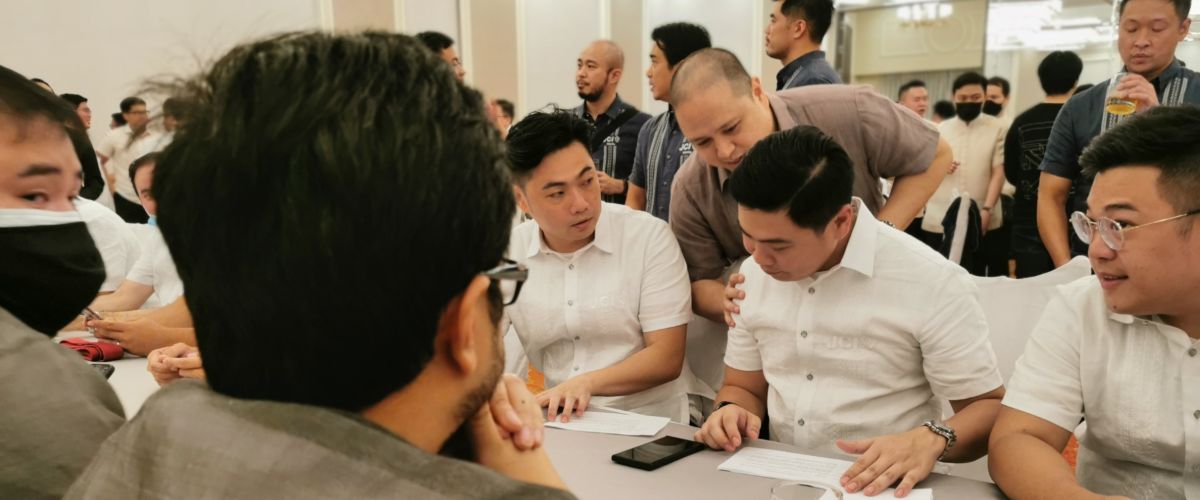
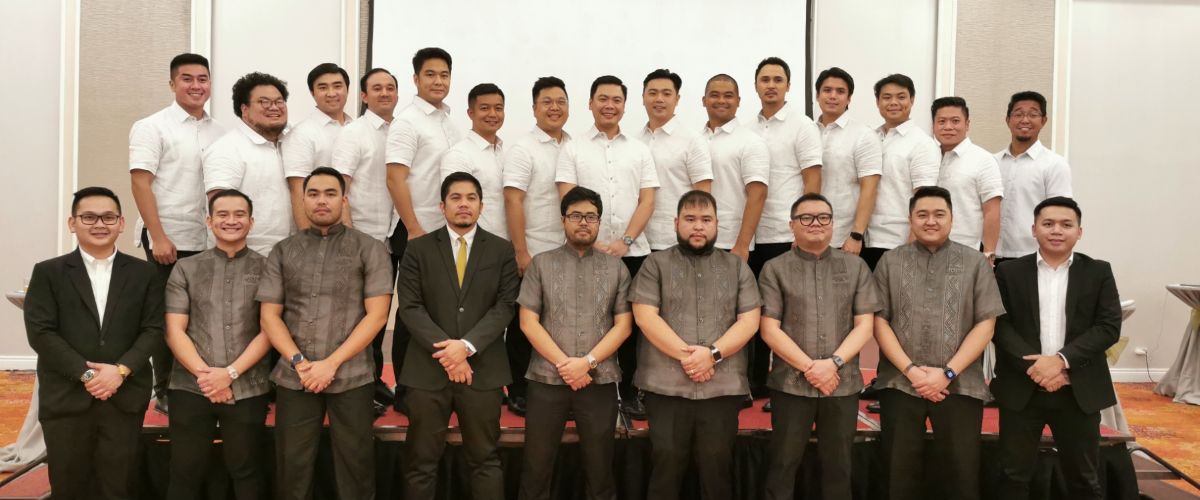
From Fun to Fulfillment: The Director Who Listened
As Membership Wellness Director in 2023, Edison Ke made it his personal mission to create programs that weren’t just events—they were experiences. Fellowships, sports leagues, social after social—every gathering was full of fun. And what stood out most was not just the turnout—but the joy. Members showed up, laughed, bonded, and felt at home. It was a season of lightness, of community, of connection.
But Edison is the kind of leader who doesn’t stop at applause. Ever self-aware, he also noticed the subtle silences. He reflected, and what he saw was humbling.
In quiet moments, he began to notice that some members weren’t as engaged—those whose motivations leaned more toward leadership development, values formation, and personal growth.
“I realized that with my leadership style, I may have alienated some members,” he reflects. “The ones who felt more fulfilled by values formation, by leadership development, by growing their businesses.”
And this insight didn’t just stay in his head. It shaped his heart. Rather than brushing this aside, Edison carried it forward. In 2024, as Vice President, he tried to bridge both worlds—integrating fun with function, socials with substance. And yet, in a moment of radical honesty, he admits:
“I wasn’t satisfied. I know I can still do more.”
And maybe that’s the most defining mark of his leadership—not in what he has already accomplished, but in what he continues to wrestle with.
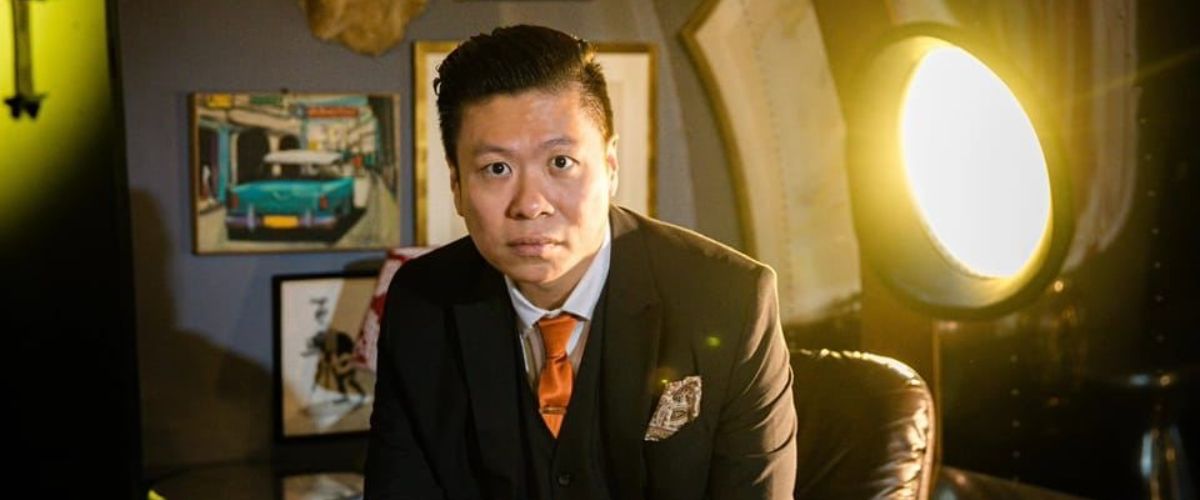
A Leader Who Owns His Shortcomings
In one particular moment that stood out—one that spoke volumes beyond title, position, or stature—Edison turned to me and said something I didn’t expect, but deeply needed to hear:
“I remember when you and Chair came up to me. You asked for my intervention and I wasn’t able to do much at the time. I’ve been meaning to say this for a long time—I was just waiting for the right moment. But every time I see you, it brings me back to that time. And honestly, I feel like we’ve done you a disservice. We should’ve protected you and kept you whole.”
It didn’t erase what had passed. It didn’t solve what remained unresolved. But in that moment, those words—sincere, unguarded—healed more than action ever could.
That is the heart of the KE Principle. Not a spotless track record, but a fearless acknowledgment of flaws. Not just leading others, but learning to lead better—with every failure, every reflection, every word that needed to be said.
The KE Principle: Equal Footing, Shared Courage
Edison’s personal mantra—“No one is better. I just chose to be brave.”—is more than humility. It’s a challenge. It says a lot about how he sees leadership. It’s not about pretending to have it all together. It’s about showing up—loud, real, sometimes messy—and still choosing to serve. Edison doesn’t hide in the background. He laughs the loudest, pushes the hardest, and speaks with conviction. But behind the energy is intention. Behind the boldness is care. And behind the voice is a heart that simply wants others to believe they belong.
The KE Principle is not about pushing people to the top. It’s about lifting each other up, shoulder to shoulder. It is a reminder that every member, whether a project head or a silent volunteer, has something to give—and something to teach.
Leadership isn’t about knowing more. It’s about caring more. And Edison’s journey—filled with fun, mistakes, growth, and grace—is proof of that. And despite the accolades—despite what people say about him, admire in him, or expect from him—he still sees himself as ordinary.
“I’m just someone trying to do right by the organization that gave me so much.”
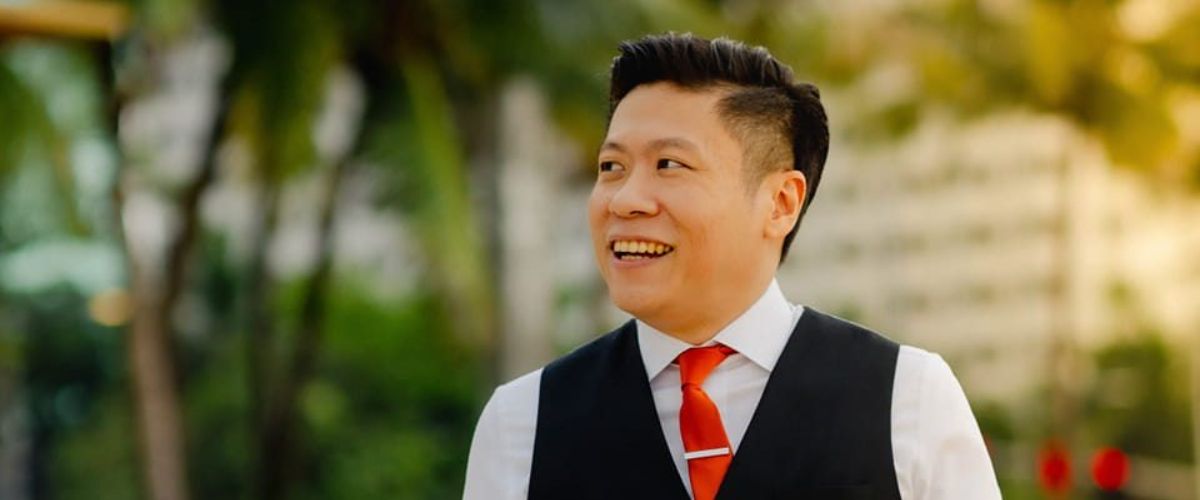
The KE Principle: Embracing Every Member’s Journey, Leadership Beyond the One-Size-Fits-All
When asked what kind of leader he aspires to be, Edison Ke doesn’t hesitate. He doesn’t speak in metaphors or grand ideals. He speaks in honest intention:
“I want to be an all-embracing leader.”
It’s a bold statement. But it’s not about control or charisma. It’s about care.
It’s about being in a position where he can serve the diverse needs of every single member in JCI Manila—whether they thrive in sports or seminars, fellowships or forums, business talks or late-night socials.
Most would expect a leader to define a direction and rally everyone toward it. But Edison challenges that idea.
“Wouldn’t it be easier to just lead everyone to one single direction?” he asks aloud, then answers himself.
“Maybe. But that’s not who we are as an organization. Every member is different—and that difference is not a weakness. It’s a design.”
That’s why he dreams of a JCI Manila that doesn’t just rotate between fun and formality, but one that offers both rigor and rest, both growth and joy—with equal intensity.. Where the businessman, the volunteer, the entrepreneur, the quiet thinker, the social connector—all find a place to belong, to grow, and to lead in their own way.
Having led as Director in 2023 and Vice President in 2024, Edison has seen both ends of the spectrum—what it means to run social-heavy fellowships that brought laughter and bonding, and what it means to miss the mark for those who yearned for leadership, business, and personal development.
“If I get the chance again,” he says, “I want to build programs around the individualities of the members.”
His vision now is clear:
So instead of simplifying the organization to suit one leader’s style, Edison commits to complicating his leadership to suit 600+ members’ needs. He knows the path won’t be linear. It’s a harder path. A more complicated one. But he’s convinced it will be authentic.
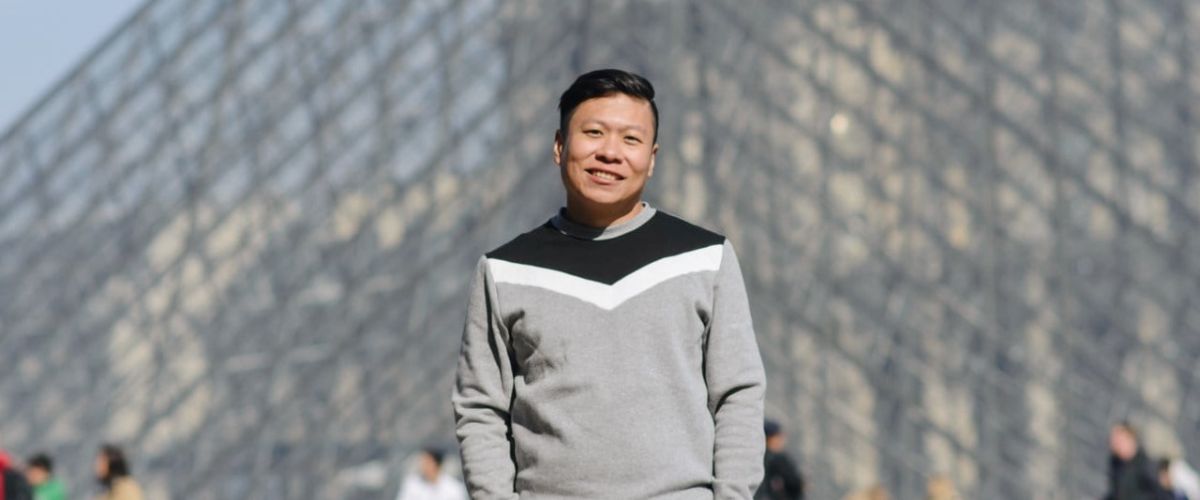
The KE Principle, Reimagined: Designing for Diversity
What Edison is proposing isn’t easy. It’s easier to craft a one-size-fits-all program and rally members to comply. But real leadership, the kind that creates legacy, doesn’t work that way.
It recognizes that: Some members find fulfillment in the rush of business networking. Others seek meaning in values-driven leadership workshops. Many find purpose in projects that create impact. And plenty find community in basketball games, and late-night laughs.
He says, “To lead JCI Manila is to lead all of them—not just the ones who look, think, or lead like you.”
The KE Principle, at its core, is no longer just about courage and equality.
It’s about capacity—the ability to hold space for all kinds of members, all kinds of needs, and all kinds of leadership.
Not one direction. Not one personality. Not one solution. But one JCI Manila, made stronger because it dares to honor what makes each of us different.
Edison Ke’s story isn’t just about rising through the ranks. It’s about rising with people. His leadership reflects a deep loyalty—not just to JCI Manila, but to every member who, like him, once needed to be seen, heard, and believed in.
In the years to come, titles will change. Boards will rotate. Projects will come and go.
But the KE Principle—rooted in humility, driven by purpose, and anchored in belief—will remain. He’s not here to build a legacy around himself.
He’s here to build a chapter where every member can build theirs.
When Courage Leads, Unity Follows
The political division of 2022 could have fractured JCI Manila. Instead, it redefined it.
The democratization of leadership, the investment in member experience—all these were made possible because a group dared to say: “We deserve more.”
But instead of settling scores, Edison now calls us to build bridges.
When asked if he would welcome a future where two parties openly run against each other in JCI Manila elections, Edison didn’t flinch.
“We should be mature enough for that,” he said.
With over 600 members and counting, diversity in leadership choices is no longer a threat—it’s a sign of growth. It should be normalized. Not feared.
Because the KE Principle is not just Edison’s style—it’s our story.
A story born from boldness, shaped by service, and destined to evolve.
A story of courage, accountability, fun, and forward-thinking leadership—
where no one is better—just bolder, together.








